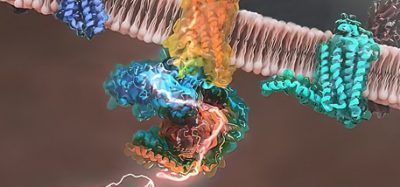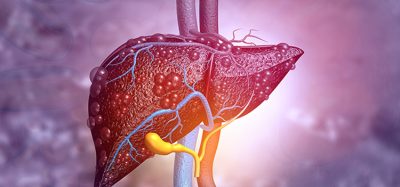Improving treatments for rheumatoid arthritis patients
Posted: 7 February 2024 | Drug Target Review | No comments yet
Researchers found that resolvinT4 restores protective macrophage biological activities in rheumatoid arthritis patients.

Scientists from the William Harvey Research Institute and Centre for Inflammation and Therapeutic Innovation at Queen Mary University of London have discovered that increasing the levels of RvT4 enhances the ability of the body’s macrophages to reduce local inflammation and remove blockages in blood vessels. This work, funded by the European Research Council (ERC) and Barts Charity, could lead to improved treatments for rheumatoid arthritis (RA), and who are at higher risk of developing cardiovascular disease.
RA is the most common form of inflammatory arthritis in the UK, with around 10,000 people receiving a diagnosis each year. This condition not only causes joint inflammation but means those with it are twice as likely as others to develop blood vessel disease. Atherosclerosis is one type of blood vessel disease observed in people with RA, caused by a build-up of fatty material called plaque along the artery walls. This build-up causes the arteries to harden and narrow, making it more challenging to circulate blood around the body, which can result in heart attacks and strokes.
The researchers investigated the role of a group of molecules named 13-series resolvins (RvTs) to gain a better understanding of the causes of blood vessel disease in patients with RA. In experimental arthritis the levels of one of these molecules, RvT4, are notably reduced, a phenomenon that associates with a higher degree of blood vessel disease.
Treating arthritic mice with RvT4 reduced blood vessel inflammation by reprogramming macrophages to release stored lipids. These lipids stopped the macrophage from doing their normal work of clearing dead cells and reducing localised inflammation in blood vessels. Once freed of their lipid burden, the macrophages could move and work much more effectively to reduce the causes of atherosclerosis.
Also, RA patients often present with metabolic dysfunction which is thought to exacerbate vascular disease. In the study, when RvT4 was administered to mice engineered to develop characteristics of metabolic dysfunction, this advanced atherosclerosis, and arthritis led to an overall decrease in lipoprotein-associated cholesterol in plasma and an increase in the ratio of HDL-associated cholesterol to total cholesterol.
Dr Jesmond Dalli, Professor in Molecular Pharmacology and Lipid Mediator Unit Director at the William Harvey Institute explained: “The study is important because it identifies for the first time the loss of RvT4 production as a potential new cause of blood vessel inflammation in the context of arthritis, offering a mechanistic explanation on the cause of this important disease in RA patients. It also showed that RvT4 restores the biological activities of lipid loaded macrophages by promoting lipid breakdown and efflux from the cells, an observation that can guide the development of new treatments to limit the incidence and/or severity of cardiovascular disease in patients with RA.”
In the onset and development of other conditions, like obesity, dysregulation of macrophage biological responses by lipid accumulation is also involved. Therefore, medicines derived from RvT4 or RvT4-based compounds could be useful to lessen inflammation and promote the release of accumulated lipids out of macrophages in patients with several other medical conditions.
This study was published in Nature Communications.
Related topics
Disease Research, Drug Targets, Immunology
Related conditions
Atherosclerosis, Heart attack, Obesity, rheumatoid arthritis, Stroke
Related organisations
William Harvey Research Institute and Centre for Inflammation and Therapeutic Innovation (Queen Mary University of London)
Related people
Dr Jesmond Dalli (William Harvey Research Institute)







